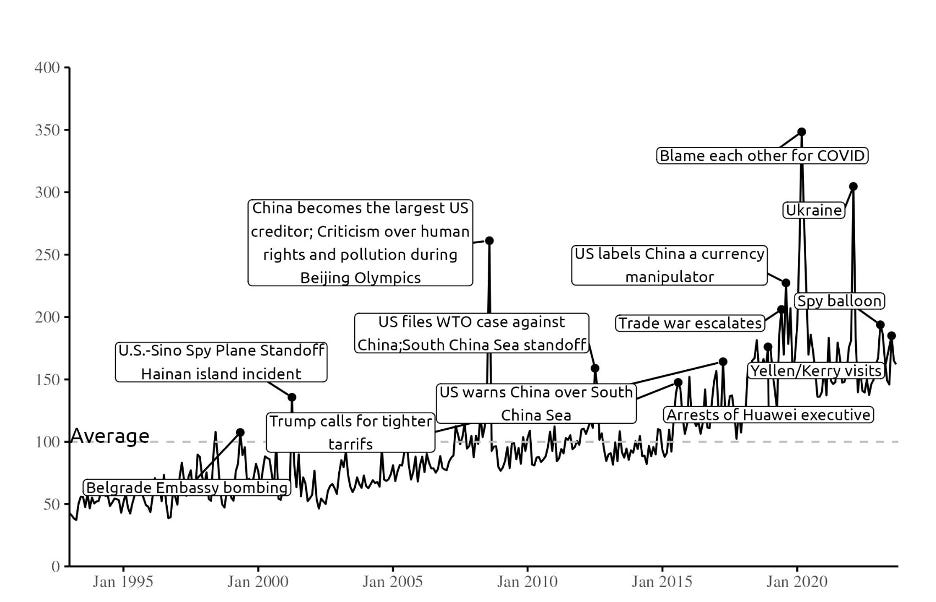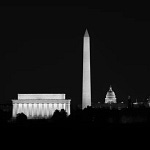Welcome to the Hale Report! My name is Lyric Hughes Hale, Editor-in-Chief of EconVue, based in Chicago. My guest for our 52nd episode is the very eminent, yet quite jovial economist John H Rogers. He is a prolific and influential writer on a wide range of topics, including empirical monetary economics, international finance, and macroeconomics.
After teaching economics at Penn State University, he joined the staff of the Federal Reserve Board's International Finance Division in 1994. Rogers retired from the Fed in May 2021 and joined Fudan University in Shanghai as professor in the Fanhai International School of Finance. He moved to Shanghai with his family during the lockdown, and shares his experiences living in China and observing its economy up close. We discussed the inevitable question about the reliability of Chinese data and how Chinese economists feel about access to data for their own research.
We met last November at a San Francisco Fed conference on Asian economic policy linkages. Of special interest to me is his paper on the impact of Fed policy on other countries:
Existing literature finds that U.S. monetary policy has powerful spillover effects on the Global Financial Cycle (GFC). We examine how important U.S. monetary policy shocks are relative to others in an estimation framework that allows for simultaneous identification of multiple shocks…We conclude that the hegemon of the U.S. in global financial systems may be rooted in the centrality of its financial intermediaries, and the dollar, rather than the Fed itself. (Drivers of the Global Financial Cycle, Rogers, Sun & Wu, April 2023
Prof. Rogers has also written about the economic effects of pandemics. In 2020 he concluded that “bounce-back in GDP growth is rapid and strong, especially when compared to non-health crises” particularly in countries whose governments increased spending significantly in the first year. We discussed why US-style fiscal stimulus did not happen in China. Based on the meetings in Beijing this week, Chinese policymakers will still not follow the US lead.
The Economic Effects of US-China Tensions
Also of very timely interest: Rogers has created an index of US-China Tensions (UCT) based upon newspaper databases. It belies a recent statement by Larry Summers that it doesn’t matter what the US and China think about each other. Instead, Rogers and his co-authors say that feelings matter:
We show that heightened US–China tension has adverse economic effects at both the aggregate and firm levels, including protracted output declines, increased credit spreads, lower bilateral trade, reduced firm-level investment, R&D, and hiring.
By the end of our hour, which flew by, I felt that I had learned so much, but that I had barely scratched the surface of Prof Rogers’s vast expertise. If economics is the dismal science, you would never come to that conclusion by listening to this podcast.
China Off the Record: An Invitation
If you are a paid subscriber to the Hale China Report (thank you!) we welcome you to join our periodic Zoom call, China Off the Record. Kindly respond to this email if you would like to be on the list.














